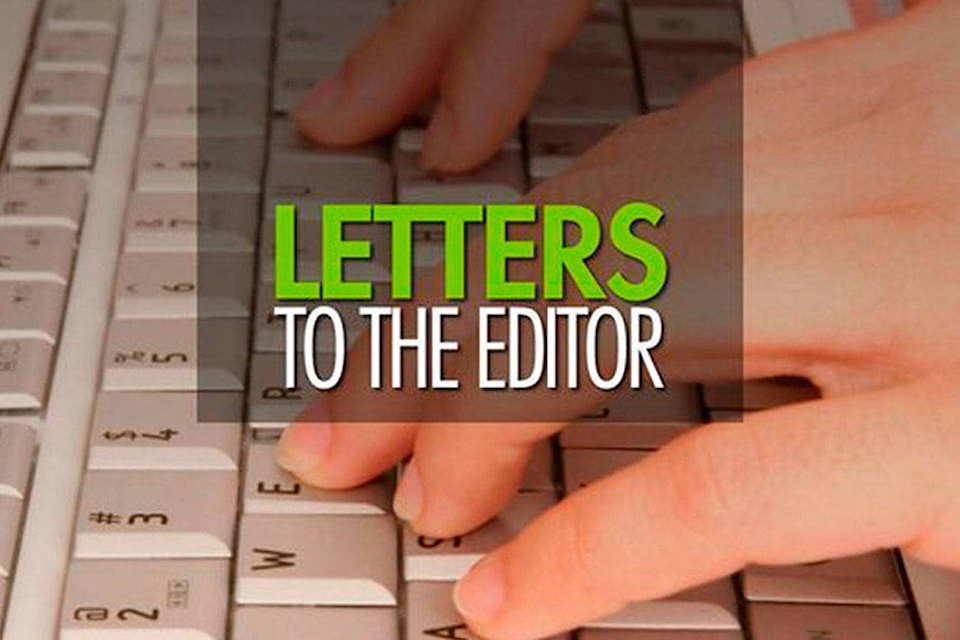Education
Rise of Anti-Intellectualism: The Rebranding of Ignorance

A growing sentiment around the world suggests that independent thinking is increasingly viewed as elitist, while being educated has become a source of suspicion. This shift, described by some as a decline in intellectualism, reflects a changing landscape where checking facts is perceived as censorship rather than a pursuit of truth.
The transformation of public discourse into a realm where ignorance is celebrated as common sense has been gradual yet systematic. This situation raises critical questions about the value of expertise and the nature of knowledge itself.
Steps Toward Ignorance
The first step in this rebranding process is to redefine ignorance as common sense. Under this framework, any fact that challenges personal beliefs or makes individuals uncomfortable can be dismissed as “fake news.” Historical events that contradict current narratives are conveniently labeled as fabrications. This redefinition enables individuals to reject accountability and cling to subjective truths, regardless of evidence.
The second step involves an assault on expertise. Various professionals, including doctors, professors, and journalists, are increasingly portrayed as untrustworthy. For instance, doctors may be accused of prioritizing profit over patient care, while educators are seen as indoctrinating students with biased ideologies. Journalists, too, face scrutiny, with accusations of being agents of a so-called “deep state” that seeks to manipulate public perception.
The Loyalty Over Knowledge Shift
The final step in this intellectual erosion is the substitution of knowledge with loyalty. In this environment, individuals no longer require evidence to support their beliefs; rather, they seek affirmation within echo chambers that reinforce their views. This leads to an unsettling dynamic where research is overshadowed by emotional responses, often manifested as outrage.
Consequently, the pursuit of knowledge is framed as a threat. Initiatives such as banning books are misrepresented as acts of freedom, while those who ask challenging questions are often labeled as adversaries. This inversion of values fosters an atmosphere where intellectual curiosity is punished, and critical thought is undermined.
As this trend continues, the implications for society are profound. The landscape of public discourse is shifting, leading to a climate where emotional appeals overshadow rational debate. The consequences of these changes may be far-reaching, affecting everything from education to governance.
William Perry from Victoria articulates these concerns, emphasizing that the current trajectory not only jeopardizes the integrity of knowledge but also threatens the fundamental principles of democratic discourse. As society grapples with these issues, the challenge lies in reclaiming a commitment to truth and fostering an environment where critical thinking is celebrated rather than condemned.
In summary, the emergence of anti-intellectualism highlights a pivotal moment in public discourse. As the gap between knowledge and ignorance widens, the need for dialogue that prioritizes evidence and expertise becomes more urgent than ever.
-

 Science3 months ago
Science3 months agoToyoake City Proposes Daily Two-Hour Smartphone Use Limit
-

 Health3 months ago
Health3 months agoB.C. Review Reveals Urgent Need for Rare-Disease Drug Reforms
-

 Top Stories3 months ago
Top Stories3 months agoPedestrian Fatally Injured in Esquimalt Collision on August 14
-

 Technology3 months ago
Technology3 months agoDark Adventure Game “Bye Sweet Carole” Set for October Release
-

 World3 months ago
World3 months agoJimmy Lai’s Defense Challenges Charges Under National Security Law
-

 Lifestyle3 months ago
Lifestyle3 months agoVictoria’s Pop-Up Shop Shines Light on B.C.’s Wolf Cull
-

 Technology3 months ago
Technology3 months agoKonami Revives Iconic Metal Gear Solid Delta Ahead of Release
-

 Technology3 months ago
Technology3 months agoApple Expands Self-Service Repair Program to Canada
-

 Technology3 months ago
Technology3 months agoSnapmaker U1 Color 3D Printer Redefines Speed and Sustainability
-

 Technology3 months ago
Technology3 months agoAION Folding Knife: Redefining EDC Design with Premium Materials
-

 Technology3 months ago
Technology3 months agoSolve Today’s Wordle Challenge: Hints and Answer for August 19
-

 Business3 months ago
Business3 months agoGordon Murray Automotive Unveils S1 LM and Le Mans GTR at Monterey









